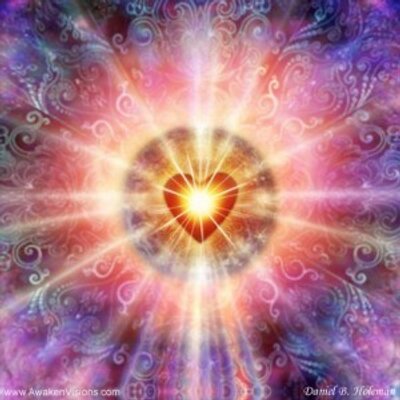How does love differ from desire? Is there any will in desire or is this diminished?
A general point about questions of this nature is that, there aren’t definitive answers to these questions, as we will each draw on different aspects of our experience to answer them. This should mean that there is a considerable, and desirable, diversity in our answers. The Path will benefit from a diversity of expression, as people come to us from all walks of life. What one of us misses another will pick up on.
Hopefully the philosophical side of things will have the greatest similarity, as these are universal answers.
I am simply going to consider the universal side of things here, and deal with the more personal aspects of love, will and desire in other answers. I see the concepts of love, desire and will as relating to universality in this instance, and this is how I have tackled the question. That does not mean that to relate to these concepts personally is incorrect though.
 Firstly ‑ lets define love, will and desire from a universal rather than a personal point of view. I appreciate that you are aware of these concepts ‑ i am just starting from scratch! If it’s easier, when you are answering the questions assume the rest of us know nothing, and state the obvious.
Firstly ‑ lets define love, will and desire from a universal rather than a personal point of view. I appreciate that you are aware of these concepts ‑ i am just starting from scratch! If it’s easier, when you are answering the questions assume the rest of us know nothing, and state the obvious.
Love, in its truest sense is another attempt to describe the “absolute”, or “being ness”. Love in this sense has no centre, no edges and is undifferentiated. It is complete, self‑creating and self‑sustaining: the ultimate state of consciousness. As such it cannot be experienced or known, only “become”. It is to this state that all systems of meditation ultimately aspire, as to become absolute love is to become enlightened.
Words are so pathetic though when it comes to trying to describe absolute‑ love ‑ no words can touch its beauty and its ability to dissolve our sense of being, allowing an opportunity to experience an expanded state of consciousness. We get a glimpse of this as we meditate ‑when we feel dissolved away, or absorbed into the light and sound, or when we taste divine nectar dripping into the mouth during blissful meditations, or when the heart expands, filling us with achingly blissful sensations of love and light.
Desire and Will on the other hand are both aspects of “being”. They both arise due to the fact that creation, by its nature, is in a constant state of flux.
The “ultimate state” of enlightenment is unbounded and undifferentiated: creation is bounded and differentiated. Creation consists of “spaces” (which arise from buddhi) and environments”, or collections of form, which fill those spaces. Will and Desire are both examples of “collections of environments”. These environments are coming into and out of being all the time. They are mini creations, in cyclic flux, dependent on movement and comparison for their existence. Will is the start of the cycle (the will to create) and desire is end of the cycle (the desire for completion). Drawing on the analogy of the snake devouring its own tail: the snake’s head is will, and the tail is desire ‑ however, there is no “join” ‑ just fluidity of movement
Will and desire from the point of view given above, become the polar opposites of creation ‑ from which cyclic flux arises. Whilst absolute love supports all these environments, it is no more in any one aspect than another. 1 find it hard to compare absolute love with desire, as desire reflects the longing for completion, which exists throughout the formed worlds, whilst love is the undifferentiated whole from which they both arise. It’s a bit like trying to compare an eagle soaring up towards the sun with an elephant travelling on an aeroplane. They are both flying ‑ but it’s not quite the same is it?
Taking will and desire to be the polar extremes of cyclic flux then, will gives rise to desire However, the willfulness to create is indeed diminished, having become transformed into the desire for completion. No two polar opposites can exist independently of each other, as they depend on each other for their existence. Think of night and day ‑ if dawn is will, and dusk is desire ‑ they are not really two aspects, there is only the whole ‑ but it is a fragmented, differentiated whole.
The human being has the ability to have existence on all levels of creation, as well as the potential to become the “unbounded ness” of absolute love. Because of this complexity, we have within the personality (by this I mean the vehicles or bodies ‑ physical, etheric, astral, mental, buddhic principles) a tremendous diversity of expression of “love”. Our bodies know desire, we express loathing and disgust and yet we also know the beauty of “falling in love” of “making love” and of “unconditional love” in human terms ‑ all of which can be tremendously uplifting and delightful in their own way.
For many people these will be the most “spiritual” experiences they will ever have and for most of us they will be overwhelmingly powerful, life‑changing experiences. And yet, these experiences tend to be much maligned by systems of meditation ‑ particularly desires that relate to passion. Any thoughts on this?
The concept here is one of sense perception ‑ something generally much maligned by meditative systems. I’m going to leave this here though, as there is an over lap with the next question.
